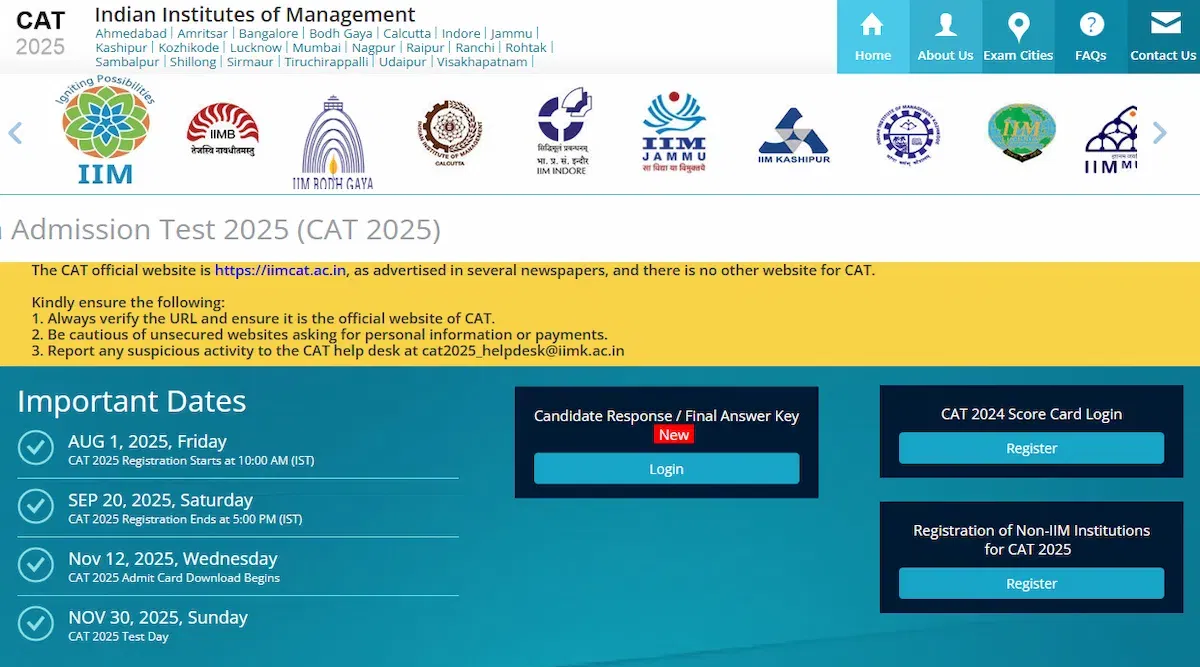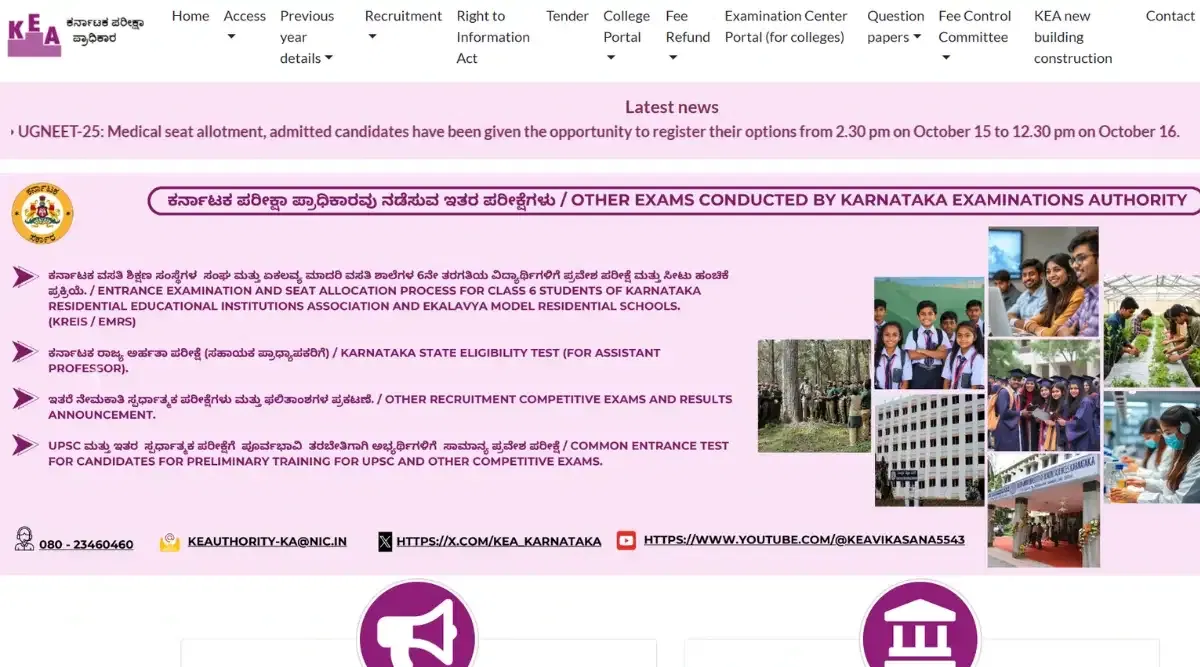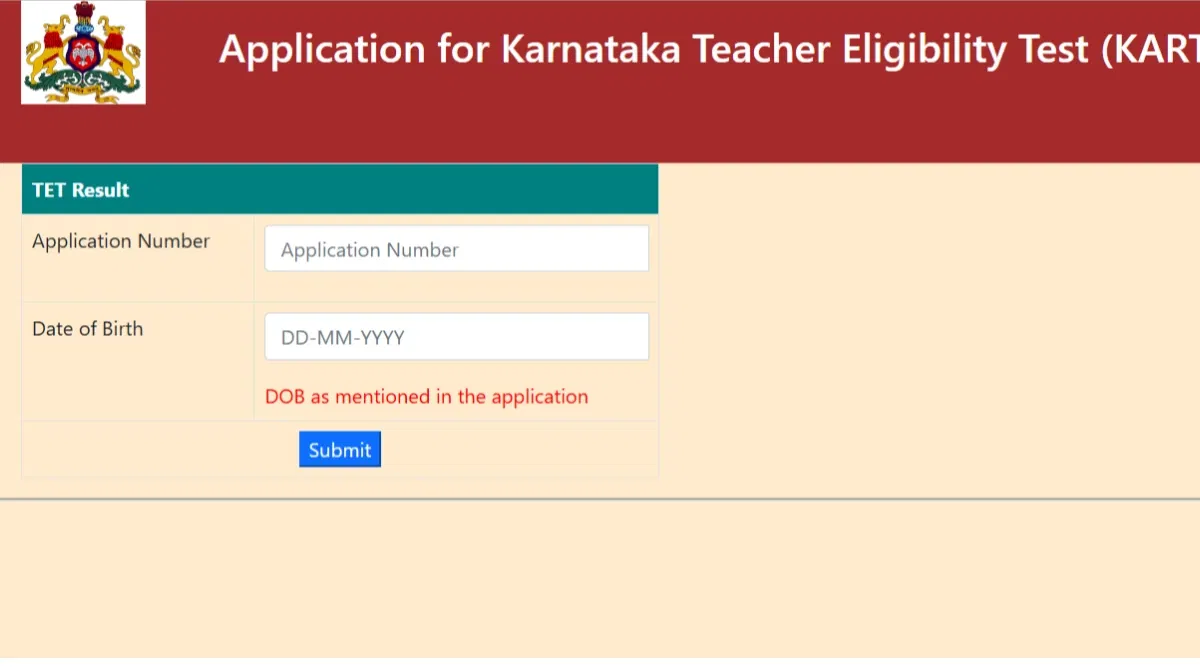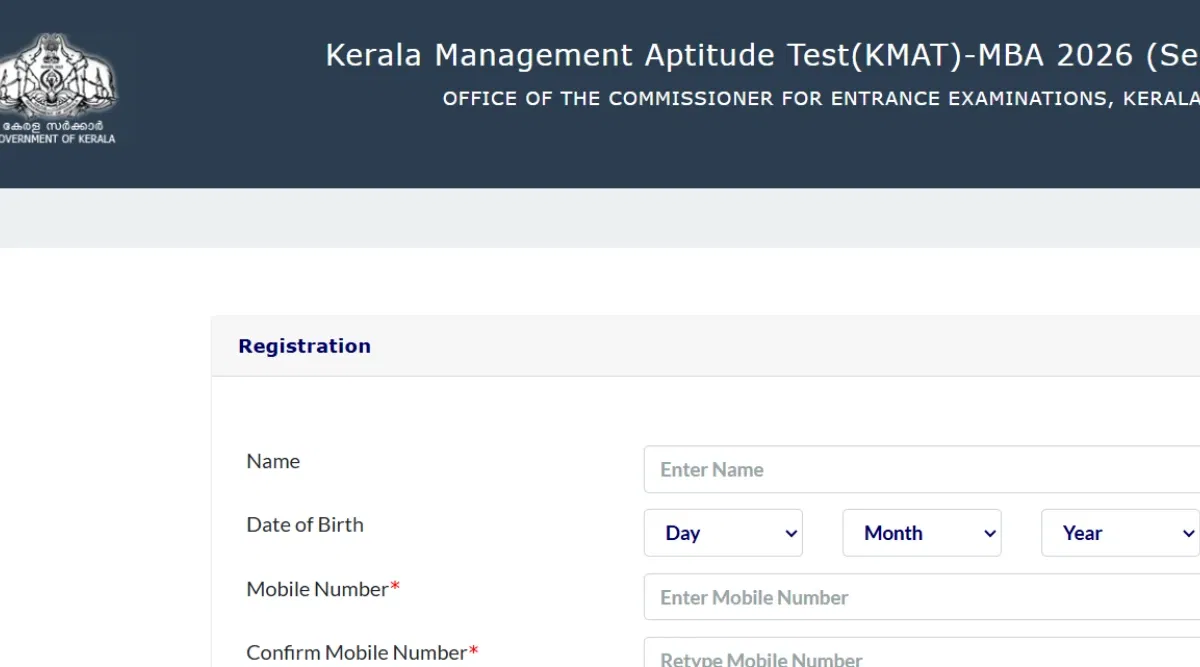Career Planning and Development is an important aspect of an individual's life, career research, career identification are a few from the steps one may follow to have a proper planning in terms to achieve success in their lives.
Table of Contents
Career Planning and Development is a way of assessing your strengths, weaknesses, skills, and other hidden aspects, to progress toward your career goal and achieve it. Self-assessment, career research, and setting career goals are a few steps to work on career planning and development to improve efficiency in study or work and can help to plan a good work-life balance.
5 Key Steps for Career Planning and Development
There are 5 major steps for Career Planning and Development. Candidates who have a keen interest in achieving their goals and being successful can follow the steps shared.
Also Check: 10 Tips for Staying Focused and Productive
Step 1: Self-Assessment
The first step one needs in achieving their goals is to self-assess themselves and work accordingly. Without knowing your interest and skills towards career options one can never select and work on any one specific option for their career development. Some of the self-evaluating questions are mentioned below:
- What are the things that keep me going and happy?
- What kind of career and life do I want?
- What are my strong points?
- What are the fields I am interested in?
- Is it possible for me to handle these responsibilities?
Step 2: Career Research
The second and most important step towards career development is to research different career fields and the percentage of growth. Without having a basic understanding of the respective fields, one can never develop their interest and can never set their goals. Doing research can help candidates learn more and develop an interest in any sector and they might opt for it as their life goal.
Step 3: Career Identification
After researching different career fields, one needs to identify their field of interest. Without having an awareness of your interest one can never select the field of their interest. One must prioritize the career field they want to pursue as their career option and should identify their level of interest and dedication towards the respective field.
Also Check: Top 10 Most Effective Stress Management Techniques
Step 4: Setting Your Career Goal
After the identification process is complete, be clarified and clear about your goal and have a clear focus on it instead of searching and trying to carry out some other options as well. Working based on your choices helps a lot in the fast growth of both the company and the employee and it also helps you to be stress-free.
Step 5: Action Planning
After completing all four steps mentioned, one reaches the most important and last step of career planning and development. After analyzing, researching, and identifying all aspects, start with action planning that can include meeting a career coach, and social networking to understand the ground reality about how practical your plan is and how to implement it in your career.
What is Career Planning?
Career Planning is a process of self-assessment and a way to plan the path to achieving your goals. It is a process of making decisions based on your interests, skills, knowledge, and all the important aspects of your life to have a successful career ahead.
One needs to make a proper and fair decision towards their career planning and should enroll it in their life with purity and a motive of accomplishing it. Without planning nothing works out, thus a proper career plan can lead to a successful career.
What is Career Development?
Career Development is a process of following the planning being made for your career growth. After planning one needs to execute it in their life based on their management skills and interests. Working on the plans leads to development and it shows the level of growth and achievement one gets in this process.
Career Development helps you keep your daily track of work to achieve your goals and the durability and sustainability one follows.























POST YOUR COMMENT